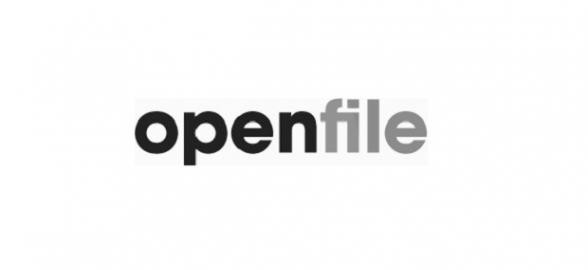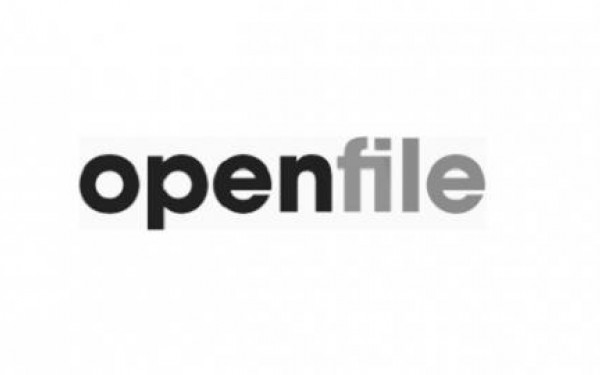“We Need to Get Paid”
Freelance Journalists Publish Letter to OpenFile CEO
Late Sunday night, an open letter addressed to OpenFile Chief Executive Officer Wilf Dinnick was published online by a group of Montreal-based freelance journalists.
The message was simple: pay us, please.
It has now been over a month since OpenFile announced it would temporarily cease publication.
Despite vague updates from Dinnick made public via two separate interviews with Canadian journalism website J-Source, both the freelancers and the public have remained largely in the dark in terms of what’s been happening with the community news organization and its finances over the past month.
“We are just clueless and are wondering why we’ve been so mistreated through this whole thing—now we are at the point where we really want our money,” said Justin Ling, one of the OpenFile freelancers who worked on drafting the letter.
“I’m not the only person that has had problems paying rent that month when the OpenFile cheque didn’t show up.”
The letter says that many of the undersigned are owed upwards of one thousand dollars, and prompts questions as to why the organization has offered so little in the way of direction.
At the time The Link went to print, six freelancers had signed the letter.
Though it addresses concerns, Ling says that the open letter is by no means meant as an attack on Dinnick, or OpenFile.
“This is not us denouncing Wilf [Dinnick], we are not slamming him or anything like that. We just want our paychecks,” he said. “We don’t even need an apology—just recognition that we’ve put all this effort into the organization and that we were valued in the end and got paid.”
The letter concludes by reiterating that the freelancers have no intention of burning the bridge with OpenFile.
“Once we’re all square, we would be glad to go back to work and get OpenFile on its feet again,” it says.
Though there is still much goodwill towards OpenFile, the sentiment coming from freelancers, made explicit in the letter, is that before anything moves forward, cheques need to be signed and sent.
David Topping, former OpenFile Toronto City Editor, is working on compiling the numbers, in hopes of figuring out the lump sum owed to freelancers by the organization. He was unable to release this number by press time, though says that it is in the thousands.
Topping left OpenFile in spring of 2011, with no ill feelings. He is not owed a penny by OpenFile, saying his motivation for working on the math is to put pressure on the organization to pay its freelancers, and is completely free of adversarial intentions.
Topping thinks that OpenFile not paying its dues is dangerous for its reputation, and exemplifies a different reality than the one he knew from his experience as an editor there.
“This is disheartening to see, especially for an organization that has done so much to try and have a good relationship with its freelancers,” said Topping.
“They paid competitively and—when I was working there—people were always working hard to make sure they were on top of financials. You got the impression that they understood what it was like to be a freelancer.”
Still, Topping thinks that the freelancers are in the right for publishing a plea for their paycheques.
“I think it’s really brave to put your name on a document that says, ‘You owe me money,’ and to be a freelancer,” he said, addressing the risk of turning off potential employers. “I think that sometimes as freelancers, there is this expectation that you will sort of just take it a bit and not really talk about it too openly.”
The Link obtained a brief email response sent by Dinnick to freelancers in response to their letter.
“Let me say again how sorry we are that we could not pay you sooner,” he writes. “This is inexcusable and frustrating. I freelanced for years and understand your stress.”
Dinnick assures the freelancers that they will be paid, and that there should be more clarity surrounding matters by the end of the month, adding that he can be contacted by email.
The Link was unable to reach Dinnick for comment before press time, despite multiple attempts. In his email addressed to freelancers, Dinnick says he will no longer be taking calls from the media on this issue, “because it has only created confusion.”
Topping believes that perhaps even more so than being a question of communication, this is becoming an issue of time for OpenFile.
“I think it’s entirely possible for OpenFile to come back and learn from the things they didn’t do well the first time around and be stronger and better for it—but the time on that is running out,” he said.
“It could come back in five years and be fine, but it can’t come back in five years after not paying people for those five years. The paying people is what has to come first at this point.”
May 10, 2010:
OpenFile is born in Toronto. Founded by Wilf Dinnick, the organization seeks to embrace citizen journalism by working under a new model, the first of its kind—story ideas are generated by readers, approved by editors and then assigned to reporters.
JAN. 25, 2012:
Wilf Dinnick is named the 2011 J-Source Canadian Newsperson of the year for his innovative contributions to the field of journalism.
Dinnick is praised by the jury for his groundbreaking approach to “engaging citizens with local, public service journalism in an independent environment, without the backing or safety net of working within an established news organization.”
SEPT. 28, 2012:
OpenFile announces it will be temporarily “on pause” to undergo some major changes. The announcement says to stay tuned for news on the project’s “next phase.”
OCT. 1, 2012:
J-Source publishes an article featuring an interview with Dinnick discussing the OpenFile hiatus. Dinnick says the biggest change to OpenFile will be an increase in user participation—and that he has not run out of money.
NOV. 7, 2012:
J-Source publishes an article featuring an interview with Dinnick addressing the fact that OpenFile’s accounts have been frozen and freelancers still remain unpaid. Dinnick says, “Don’t count us out.”






_600_375_90_s_c1.jpg)